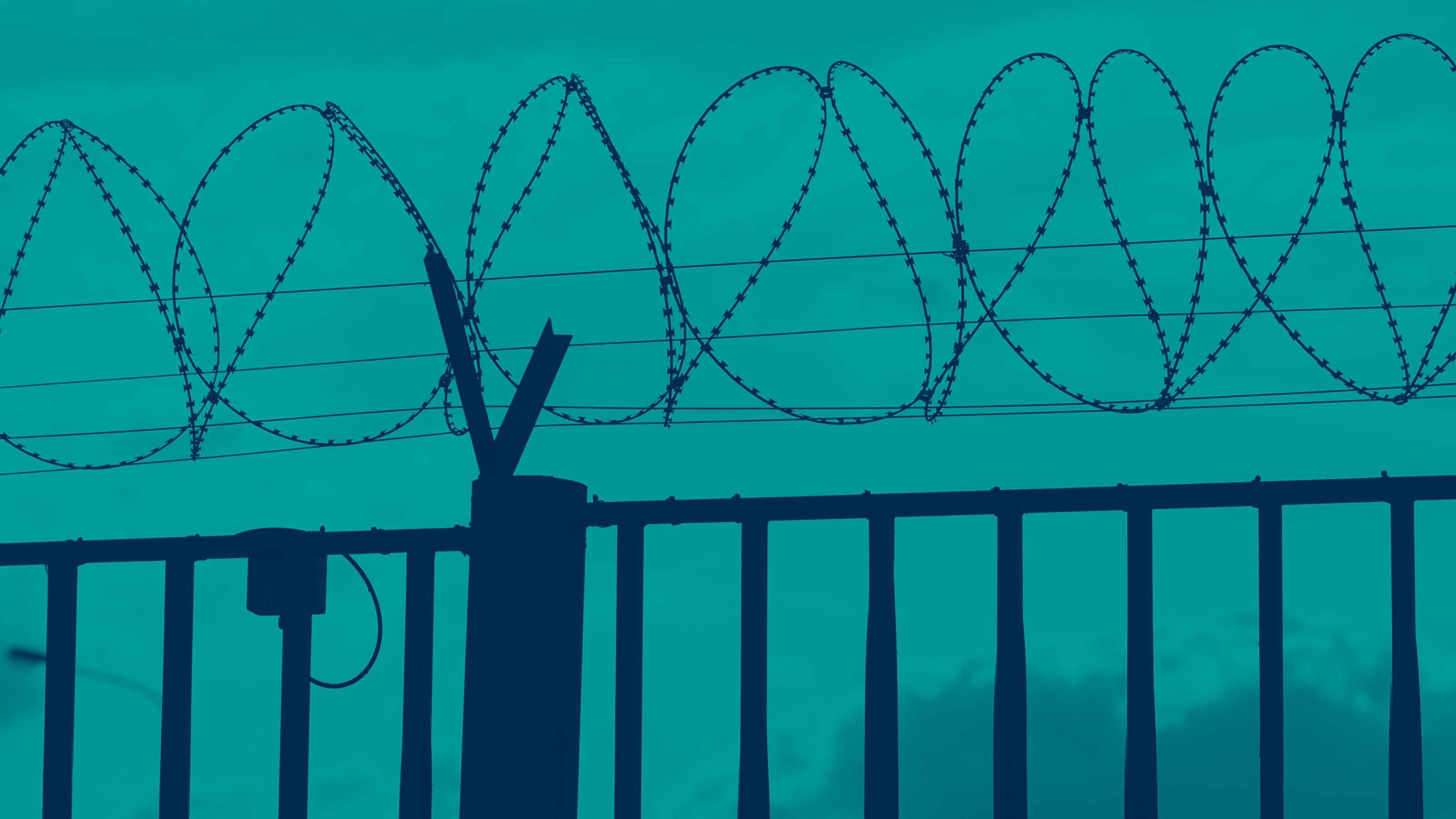Registration
You will receive an email confirming your registration.
Throughout history, the Indian Ocean has been an essential space for trade, commerce, and culture. Every European power has sought to dominate it. Now, after a lull in the postwar period, control of major shipping routes has once again become a critical aspect of every rising state’s ambition to become a global power. Darshana M. Baruah shows how governments from Washington, DC, to Nairobi and Canberra are expanding their interests in the region. The Indian Ocean is resource rich, strategically placed, and home to over two billion people. Island nations have become more important than ever, with Madagascar forming ties with Russia and the Comoros with Saudi Arabia. It is also through the region that China engages with Africa and the Middle East. This is a compelling account of the geopolitical significance of the Indian Ocean—showing how the region has taken center stage in a new global contest.
Carnegie India hosted Darshana M. Baruah for a discussion on her book The Contest for the Indian Ocean: And the Making of a New World Order at the Security Studies Seminar. The discussion was moderated by Srinath Raghavan.
DISCUSSION HIGHLIGHTS
A maritime perspective in international relations: Participants discussed the pre-occupation of studying international relations through the lens of land and land boundaries. A shift from dominant and established perceptions is necessary to comprehensively understand geopolitical complexities, thus, a maritime approach needs to be integrated. In this context, the importance of “mental maps,” signifying the imagination of geography, and their influence was also discussed. There is a need to build holistic understandings of geography by integrating continental perspectives with the maritime domain. The reimagination of the Indian Ocean Region (IOR) would entail perceiving the geography and seas beyond the four land-based regions, South Asia, Southeast Asia, the Gulf, and Africa. Maritime security, partnerships, cooperation, and challenges are best understood through this integrated perspective. This is particularly significant in the long term and will enable broader conversations between countries in the region. Evidently, countries in South Asia and Oceania have historically remained indifferent to each other, however in recent years have converged over issues based on their common maritime identities.
Role of island nations and island territories: Participants recognized the growing role of island nations and territories, and their impact on great power competition. The geographical location of these island nations and territories highlights their importance also as military bases and maritime surveillance facilities. While the political and military opinions of these actors were historically overlooked, their recent foreign policy choices are challenging traditional perspectives. For instance, the Solomon Islands’ security agreement with China in 2022 pushed the United States to focus more deeply on island nations in the IOR, including convening a U.S.-Pacific Island Country Summit. Island nations have also sought to build greater synergy within the IOR, while also expanding ties with countries outside the region such as with Turkey, Canada, Brazil, Saudi Arabia, Japan, and the United Arab Emirates based on shared interests. Participants acknowledged the importance of island territories, such as the Andaman and Nicobar Islands and Diego Garcia, noting that they are essential for major powers to collaborate effectively in addressing military concerns and maritime violations. Moreover, they underscored the need for policy recalibrations by the major and middle powers, wherein the opinions, capabilities, and challenges of island nations and territories will be considered.
Security threats in the IOR: Participants discussed the three broad security challenges in the IOR, noting that the region is one of the least regulated and monitored spaces and lacks an overarching regional body. First, small island nations are particularly vulnerable to threats to territorial sovereignty, given their limited ability to resist the influence of major powers. Great power rivalry, particularly in the form of China’s growing competition with the US and India, is a security concern for states in the IOR. Second, the dual use of fishing vessels, overfishing, and unregulated deep-sea mining by commercial and government actors have emerged as major maritime-related security issues for the countries in the region. Developments in the underwater domain, especially anti-submarine warfare, submarine communication cables and the increasing role of technology are also increasingly detrimental to maritime security. Third, participants recognized climate change as a crucial concern in foreign policy and security. Its impact varies across nations and the island nations and territories of the IOR are at the forefront of facing this challenge. For instance, in 2009, the Maldives conducted one of its cabinet meetings underwater to attract global attention on the implications of climate change and rising sea levels. The need to re-examine international commitments of developed nations, towards climate financing and infrastructure development were also acknowledged by the participants.
This summary was prepared by Swasti Sachdeva, research assistant, and Mugdha Satpute, young ambassador, with the Security Studies Program at Carnegie India.
